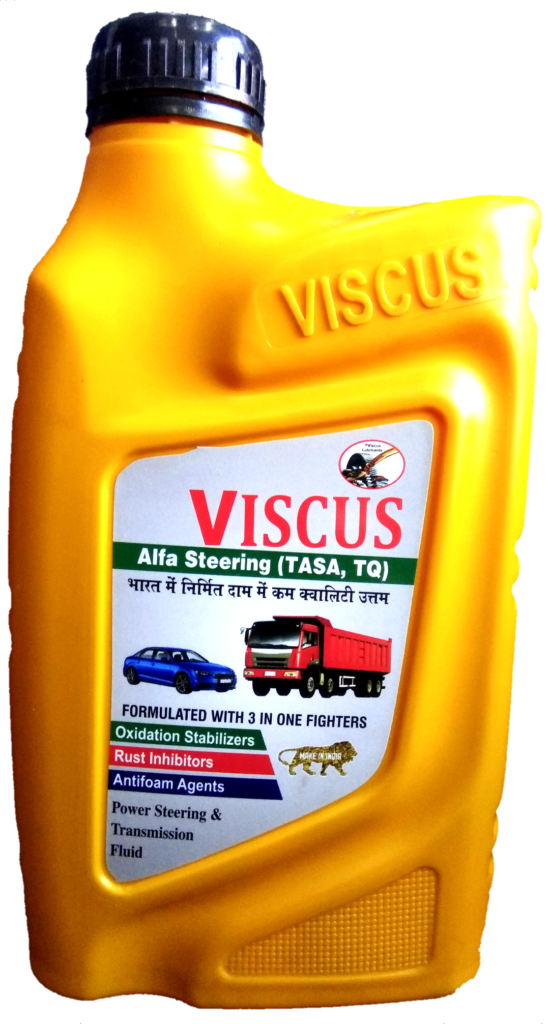Are there any specific guidelines or precautions to follow when mixing this fluid with engine oil for recycling?
Recycling Engine Oil: A Sustainable Approach
The Benefits of Oil Recycling
When it comes to preserving the environment and reducing our carbon footprint, recycling plays a crucial role. Engine oil, a vital component in our vehicles, needs to be handled responsibly. Fortunately, there is a sustainable solution available - mixing a specialized fluid with engine oil for effective recycling.
This fluid, known as a recycling agent, helps to remove impurities and contaminants from used engine oil, ensuring that it can be reused safely. By employing this recycling process, we can save significant amounts of oil and energy that would otherwise be wasted. Additionally, recycling engine oil reduces the environmental impact of its disposal.
The Process of Oil Recycling
The procedure for recycling engine oil involves several steps:
-
Collecting the used engine oil: Used engine oil can be collected from various sources, such as car repair shops, service stations, and even household oil changes.
-
Pre-treating the oil: Prior to the mixing process, the used engine oil may undergo some pre-treatment steps to remove larger contaminants like debris and metal particles.
-
Mixing the oil with the recycling agent: The recycling agent is added to the used engine oil in a specific ratio, as recommended by the manufacturer of the agent. This mixture is stirred thoroughly to ensure that the agent effectively separates impurities from the oil.
-
Filtering the mixture: The oil mixed with the recycling agent is then passed through various filtration processes to remove any remaining impurities.
-
Testing the recycled oil: A comprehensive analysis is conducted to ensure that the recycled oil meets the required quality standards. This includes testing for viscosity, flash point, and other key parameters.
The Environmental Impact of Oil Recycling
Recycling engine oil has numerous positive environmental implications:
-
Reduced waste: By reusing engine oil, we prevent it from being improperly disposed of and contaminating ecosystems.
-
Conservation of resources: Oil recycling helps conserve valuable resources by reducing the need for crude oil extraction and refining processes.
-
Emissions reduction: The energy-intensive process of refining crude oil and producing new lubricants generates significant greenhouse gas emissions. By recycling oil, we reduce these emissions and contribute to a cleaner environment.
In conclusion, the practice of mixing a specialized fluid with engine oil for recycling purposes offers a sustainable approach to waste management. By recycling engine oil, we protect the environment, conserve resources, and diminish our carbon footprint. Embracing oil recycling not only benefits the planet but also contributes to a greener and more sustainable future.










